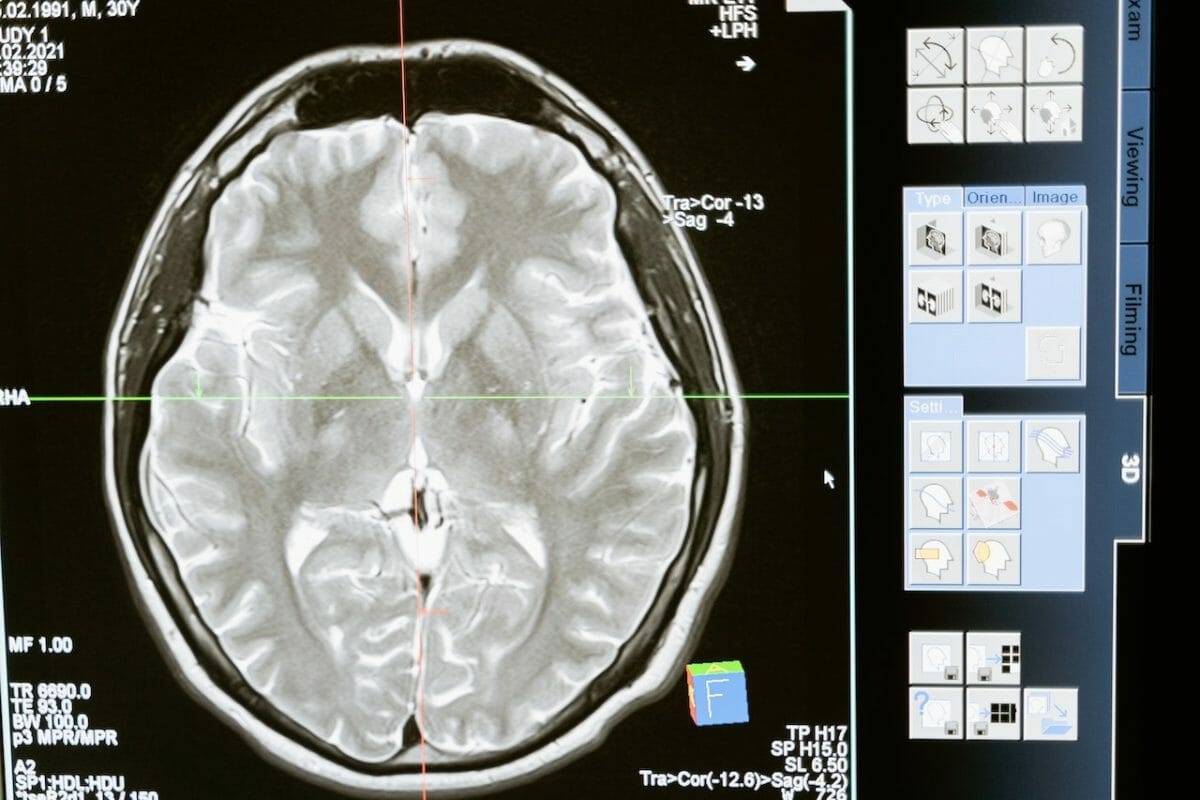There are many specialties of doctors and medical professionals, and becoming one is a big deal. Being a neurologist is a challenging and rewarding field where doctors can really make a change. Neurologists are doctors who specialize in diagnosing and treating disorders and problems of the nervous system, including the brain, spinal cord, nerves, etc. Most neurologists deal with peripheral pain, numbness, migraines, epilepsy, multiple sclerosis, Parkinson’s disease, Alzheimer’s, ALS, strokes, and more.
Neurology is a field that has both clinical medicine and research aspects. As physicians caring for patients with neurological troubles such as epilepsy or Alzheimer’s disease, their specialization may require them to deal with complex ethical issues regarding how to handle patients’ care. This blog post will provide an overview of some facts about being a neurologist to help you decide if it is the right profession.
How Long Does it Take to Become a Neurologist?
There are over 10,000 jobs in this field. These jobs will require training and a Doctor of Medicine (MD) degree from an accredited school to practice medicine in the United States. Several residencies and fellowship programs are also available for those who want to practice neurology.
You may see dozens of available neurology jobs in Texas and across the nation, but you need extensive training and education to get there. Medical schools offer undergraduate and graduate degrees and postgraduate professional programs leading to board certification in Neurology.
To become board certified, you must pass either the American Board of Medical Specialties Examination or the American Board of Psychiatry and Neurology Examinations. The training takes at least five years and involves four years of college and medical school followed by a one-year internship in internal medicine (or two years of pediatrics for child neurologists) and at least three years of specialized residency in Neurology.
To obtain an MD degree, you must complete a Bachelor’s Degree in any program that meets your needs, such as Mathematics or Sciences. Then, you will need to complete pre-med classes before being accepted into medical school. Finally, before being accepted into graduate schools, you must take the Medical College Admission Test (MCAT).
The Job Description
There are three broad specialties within the field of Neurology, each of which requires different training and skills: clinical neurology, neurosurgery, and stroke rehabilitation.
- Clinical neurologists examine patients with neurological diseases to determine the best course of treatment. They may do this by examining the results of other tests such as X-rays or MRIs and then make recommendations regarding diagnosis and treatment. They may also develop educational materials to help patients with neurological diseases and disorders. In emergency settings, they are the ones who respond to the patient’s emergencies and get them the care they need.
- Neurosurgeons operate on patients with neurological brain or spine problems, such as tumors or aneurysms. They may also perform surgeries on people with severe injuries in these areas.
- Finally, stroke rehabilitation specialists work with people who have had strokes to help them recover. They offer physical and occupational therapy and other forms of treatment to help these people regain their previous abilities. They may also teach patients and their caregivers how to reduce the risk of another stroke.
Don’t disregard neuroscience, too, one of the most complex and fastest-evolving fields of our time. Neuroscience researches the brain and nervous system from a multi-disciplinary perspective via experiments and clinical trials. It gathers and shares information with fields like medicine and biology, anatomy, psychology and psychiatry, neurology, physics and mathematics, computer sciences, and more.
What Does a Neurologist Do?
A neurologist performs both diagnostic and therapeutic tasks when treating nervous system disorders. This may include conducting clinical assessments, ordering diagnostic tests such as MRIs or blood tests, and prescribing medications.
To determine the best course of treatment for the patient, the neurologist will consider the specific characteristics of their symptoms and results from diagnostic tests. They will then develop a course of treatment tailored to the patient’s needs. A neurologist may also work in a clinical setting, where they can treat patients with common neurological disorders such as Alzheimer’s disease or epilepsy. They may also develop educational materials to help patients and their caregivers.
What Is the Average Salary for a Neurologist?
The average salary for a neurologist in the United States is $270,200. The Bureau of Labor Statistics reports that most neurologists work in private practices and earn an average of $203,450 annually. They may also work at general medical care facilities, earning an average annual salary of $280,140.
Summary
A neurologist is a highly-specialized medical professional. They treat patients with neurological diseases. A neurologist must be board certified by the American Board of Medical Specialties within one or more specialties such as Neurology, Psychiatry, or Neurosurgery. They must also obtain a Doctor of Medicine (MD) degree from an accredited school in the United States before specializing in Neurology.
There are plenty of satisfactions and rewards related to this profession, even if the path to becoming a reputable neurologist is challenging, requiring time, effort, and motivation. Nevertheless, neurologists are quintessential to individuals’ and communities’ health and life, so treat the profession with the respect it needs and do your best to become extraordinary!
